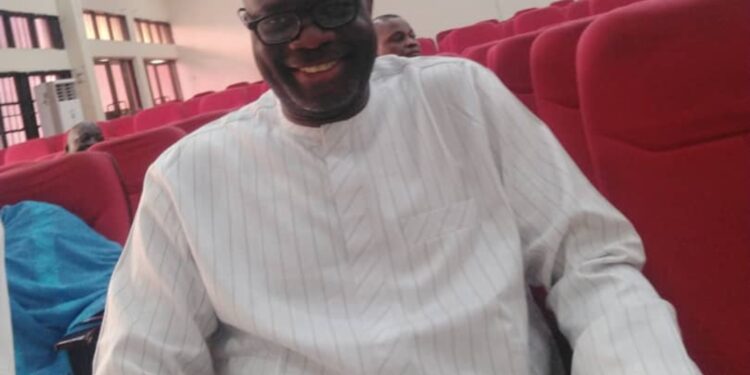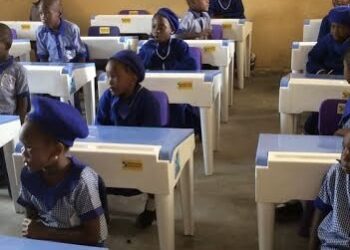At a recent national workshop on livestock, ranching, and pasture management development, Professor Banjo Adewale shared a compelling personal story of how the 1980s free education policy in Lagos, under the Unity Party of Nigeria (UPN), transformed his life.
Speaking at the event, the renowned academic, now a key resource person, emphasized the power of policy formulation and its lasting impact on sectors like agriculture.
Reflecting on his journey, Professor Adewale recalled his humble beginnings as a bus conductor in Lagos before the introduction of free education. “It was this policy that allowed me to pursue an education, ultimately changing the course of my life,” he noted. Today, he stands as a professor, highlighting how sound policies can create opportunities and change lives.
During his paper session, Professor Adewale urged for a strategic policy direction to diversify Nigeria’s economy from oil to non-oil sectors, with agriculture being a crucial focus. Citing examples of Brazil, Indonesia, and South Africa, he pointed out how strong agricultural policies have positioned these nations ahead of Nigeria in terms of productivity.
He also drew comparisons with the Netherlands, a country renowned for its dairy farming. Despite its smaller population and landmass compared to Nigeria, the Netherlands has achieved impressive growth in agriculture due to its effective policies, offering a lesson Nigeria could learn from.
The workshop aimed to address the importance of sustainable practices in the agricultural sector, focusing on how proper policy frameworks can enhance economic growth and sustainability.











